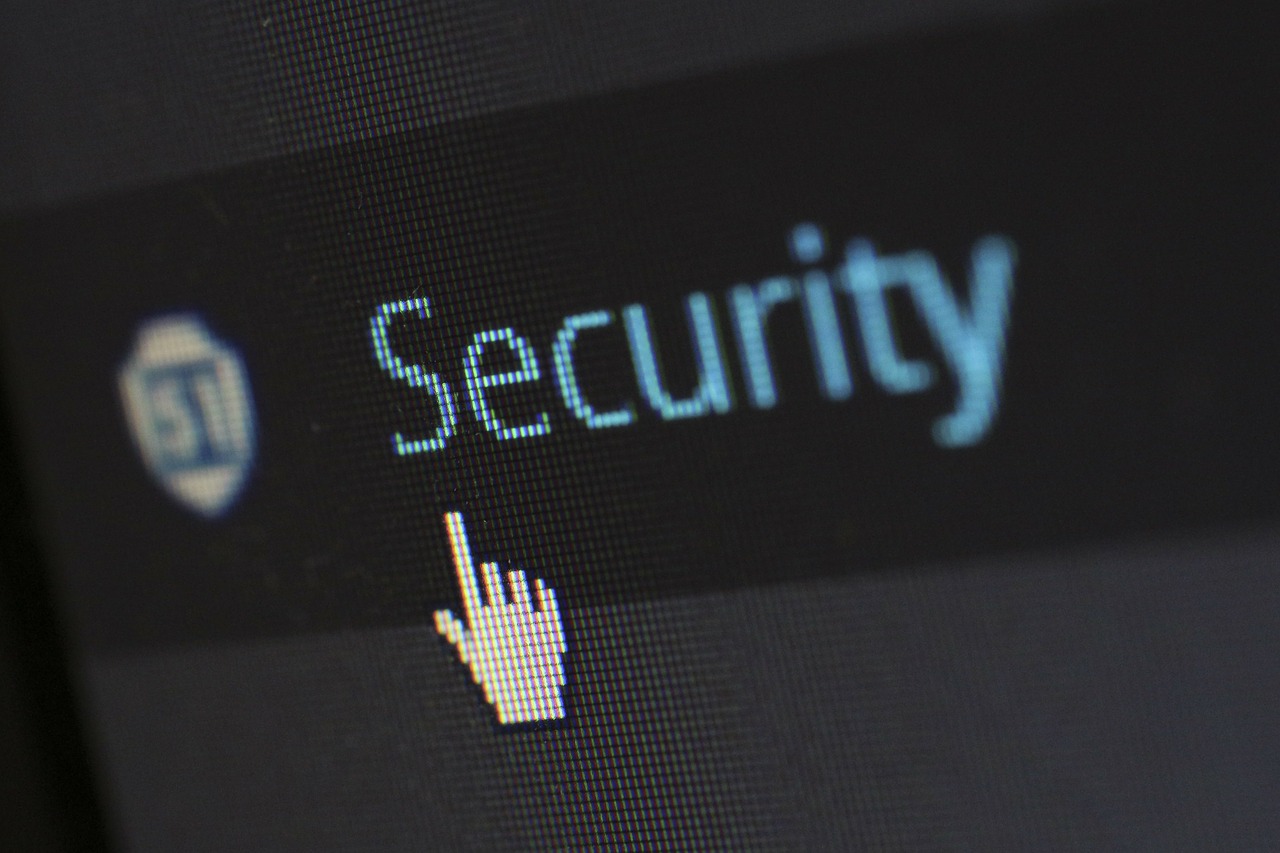Protect Your Site With an SSL certificate
Having an SSL certificate is really important. Security concerns are paramount for many website owners, especially those running ecommerce businesses. With so many malicious threats and such high potential for breaches, it’s important that individuals running websites are able to provide adequate protection, not only for their own information, but for potential customers that may be visiting the site.
SSL is one of the primary ways in which you can protect your website. SSL stands for Secure Sockets Layer, and it helps to keep sensitive information encrypted across the internet. When information has been encrypted using SSL, only the recipient the data was intended for can see it. The information is totally unreadable to anyone else, which protects it from malicious hackers and the opportunistic identity thieves that haunt the web.
SSL also offers authentication, which means you can be sure you’re sending information to the correct server, and not one which has been compromised. This is important in 2016 because when you hit ‘send’ or submit your information to a website, there’s a chance it may end up passing through several computers before it reaches its intended destination – but the SSL authentication assures the users that it will reach its rightful destination, and safely, too.
To acquire an SSL certificate, websites must undergo several identity checks which verifies they are who they say they are, rather than being internet criminals or fraudsters. There are higher levels of validation with certain certificates (EV SSL certificate, for instance), which can give website users even greater peace of mind that they’re dealing with an authentic website.
SSL is important when it comes to gaining your customers’ trust – and at a time where hacks and threats are more common than ever before, it’s totally essential for any online business. But SSL is also required for businesses to pass certain audits, such as PCI compliance. This is a standard for all organisations which handle branded credit cards, such as MasterCard and Visa. If you want to show those logos on your site, you must pass PCI compliance – and to pass PCI compliance, you must have SSL verification.
SSL is also useful if you’re sending out emails to customers on a regular basis. Many banking scams are based on fraudulent emails sent to customers, which claim to be the banking institution, asking for passwords or login details. These emails often have links to a fake, phishing website, designed to capture those details and use them to extract money from the real bank account. But if your site has full SSL certificate verification, your users will be far less likely to fall for a scam like this, purely because the phishing website will not have the trust indicators that a SSL site has.
